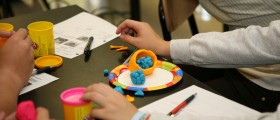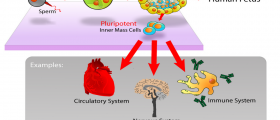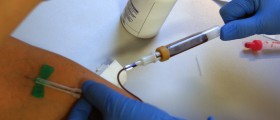
Banking cord blood from the umbilical cord of one's newborn has become quite popular these days. Namely, people are becoming more and more aware of the stem cells which are located in the cord blood, allowing treatment of numerous illnesses the child may have later in life. Stem cells are one of the most amazing cells in our body, traveling through it and dividing into any other cells our organism may need, whether they are bone cells, nerve cells, blood cells etc. Thus, banking cord blood or donating it to a research center where the potentials of the stem cells will be further looked into are both advisable steps to take. We need to understand our body more and cord blood is definitely taking us closer to this level of self-recognition and healing.
Positive Aspects of Cord Blood Banking
Cord blood you can use needs to match your body. Thus, your own cord blood is the best choice, especially if you are a member of certain ethnic groups or parts of the world. Then, having cord blood in a blood bank will make this process much easier since you can access this cord blood of yours at any given time.
Additionally, today, we know how to use cord blood in order to treat more than 45 diseases and disorders. Some of these are leukemia, sickle cell anemia and many metabolic disorders. Thus, people with medical history of these diseases in their families are best to bank their child's cord blood, making sure that he/she is safe later in life, having numerous treatment options available.
Finally, your organism will never reject your own cord blood cells because you are completely compatible with these. This is not the case when you take someone else's cord blood donation. So, cord blood banking keeps you safe.
Negative Aspects of Cord Blood Banking
As many of you have presumed, one of the most negative characteristics of this endeavor is the price of the banking services. Fortunately, many cord blood banks allow reduced rates or even free storage for children who are suffering from an illness or a disease even before they are born. Anyway, before you even start speculating if the money invested is too much or not, look at the whole process as an investment into health, which is worth more than any amount of money.
Another negative factor is that your child will probably never need the cord blood. In fact, only one in 25,000 families who store their cord blood in a bank actually use it. But, cord blood banking is like health insurance, you do not know whether you will need it or not, but you know that you are safer with it.
Finally, keep in mind that the cord blood technology, at this point of development, works only with individuals who weigh less than 115 pounds.

















Your thoughts on this
Loading...